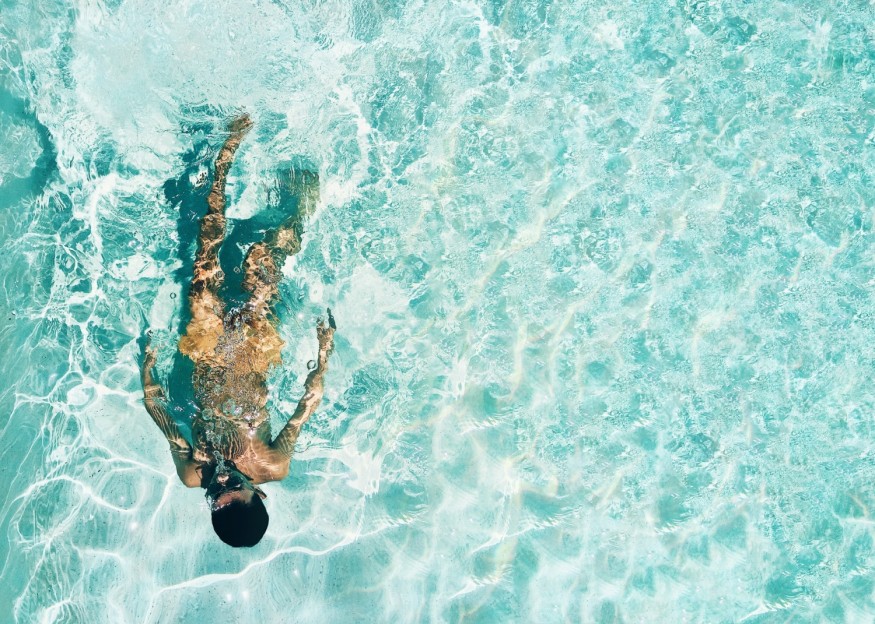Thailand is known for its beautiful tourist attractions like the beaches in Krabi with white sand, turquoise-blue water, and the feeling that you've found fresh air and a slice of paradise. Attracting a lot of tourists from around the world to experience the paradise.
Since tourists go to these beaches, most people use lotion for sun protection and other products known as sunscreen. Some sunscreen products have been found to affect the growth of corals by harming them, which has led Thailand to ban sunscreen containing coral-harmful chemicals.
Coral-Harmful Chemicals are Banned in Thailand

All of Thailand's marine national parks now prohibit the use of sunscreens containing coral-damaging ingredients. Four coral-harmful chemicals typically found in sun creams have been found to kill coral larvae, block coral reproduction, and create reef bleaching according to the Thai Department of Conservation.
Sunscreens are used because Sunburn-causing UV rays are converted into harmless heat on human skin by oxybenzone, Octinoxate, 4-methylbenzylidene camphor or butylparaben chemicals. However, once in the ocean, these pollutants reduce corals' defenses against bleaching, destroying their DNA and impairing their growth.
It's almost as though human sunscreen had the reverse impact on corals. This damage, along with the effects of additional stressors such as ocean acidification, water pollution, rising sea temperatures, and coral disease, hinders corals from reproducing and surviving in today's marine environment.
Officials have not stated how they intend to implement the new regulation. Anyone who breaches the prohibition faces a fine of up to 100,000 baht (about £2,100).
The Pacific Island of Palau and the US state of Hawaii have both enacted similar restrictions. This is the Thai government's latest attempt to safeguard its coral from the tourism sector. Maya Bay on the island of Phi Phi Leh, made renowned by its appearance in the film The Beach, has been closed since 2018 due to the destruction of its coral reefs.
Coral Reefs Are Dying
Warming seas, pollution, ocean acidification, overfishing, and physical damage are all threatening coral reefs worldwide. Scientists believe that constructing marine refuges, where fishing, mining, and recreation are prohibited, makes reefs healthier and hence more robust.
Due to an El Nio weather trend, the Great Barrier Reef in Australia has lost nearly half of its corals in recent years. Sylvia Earle, a marine biologist, advocates the use of marine parks to conserve coral reefs.
Climate change and disease have wreaked havoc on the Florida Keys' coral reefs. To keep corals afloat, a research institution in the Keys is experimenting with natural selection. On the grounds of the facility, 46,000 corals are growing underwater plastic lattices in its nursery.
A recent study of 1,800 reefs in 41 countries discovered that just 5% of reefs could produce all their valuable byproducts. According to experts, new marine reserves will need to be deliberately established in regions far away from humans. Researchers in the Bahamas are concentrating on corals with strong DNA, which might make them natural candidates for restoration initiatives.
Coral reefs have been there for 400 million years, and with each global temperature shift, corals have responded, but never as rapidly as they must now. The seas absorb and store heat very effectively as the globe heats, the oceans absorb more than 90 percent of the heat trapped in the atmosphere by human activity.
© 2025 NatureWorldNews.com All rights reserved. Do not reproduce without permission.





